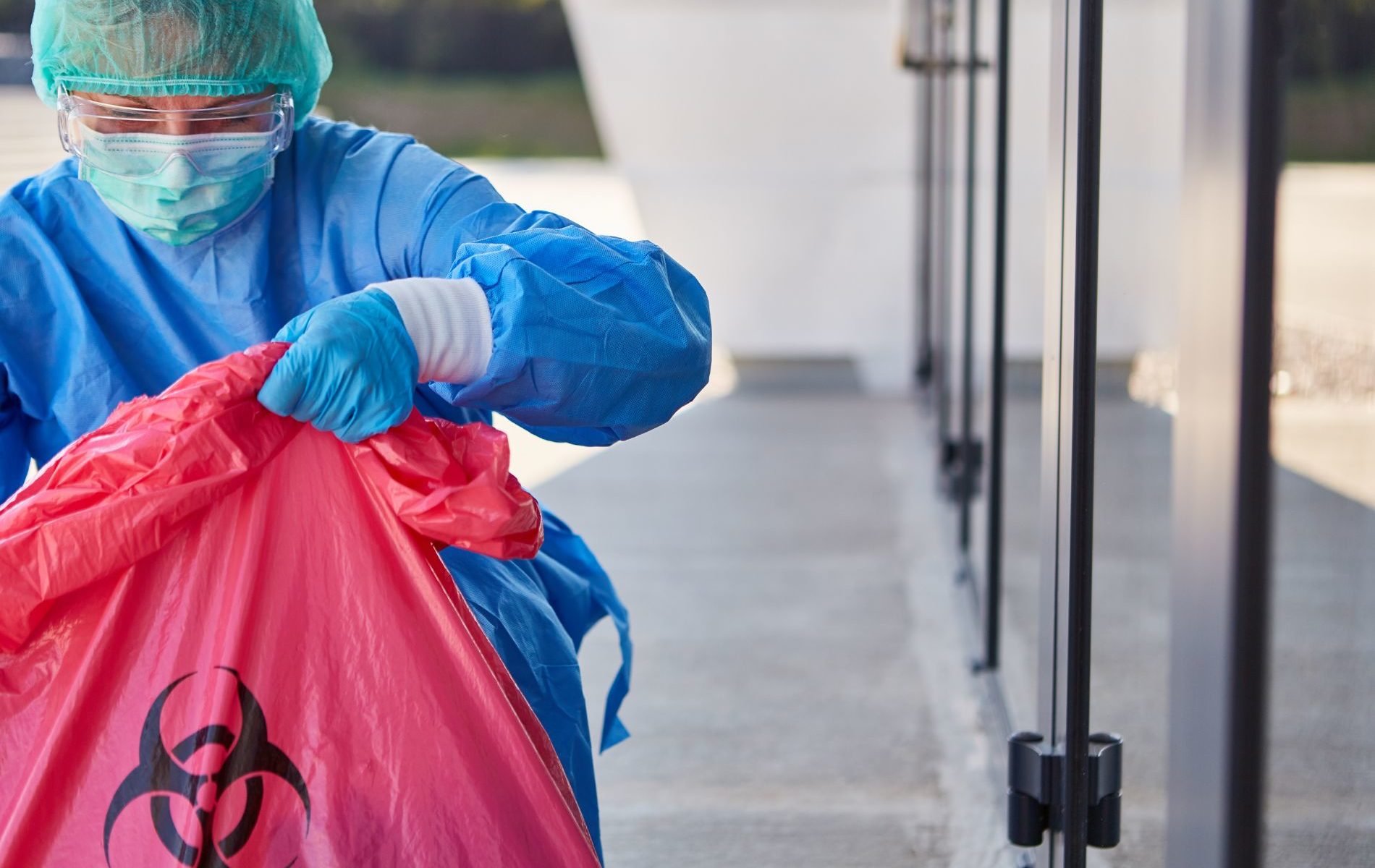The Ultimate Guide To Reclaim Waste
The Ultimate Guide To Reclaim Waste
Blog Article
An Unbiased View of Reclaim Waste
Table of ContentsFacts About Reclaim Waste Uncovered4 Easy Facts About Reclaim Waste DescribedWhat Does Reclaim Waste Do?The Greatest Guide To Reclaim WasteOur Reclaim Waste PDFs
Explore the types, incidents, and forms of fluid waste. Residential sewage waste refers to the waste and products from a residential sewage-disposal tank. This sort of waste is developed by humans in residences, institutions, and various other buildings. This only consists of sewage-disposal tanks that have a drain area. The appropriate administration and disposal of residential sewage waste require liquid waste to be moved to a sewer therapy plant where the proper techniques and devices are related to detoxify and take care of waste.
Commercial waste usually includes possible threats, such as flammable materials or a combination of liquid and strong waste products, and needs a more sophisticated and detailed disposal procedure. The disposal of business waste usually entails the filtration of waste before transportation to ensure safe and appropriate disposal. Hazardous waste is produced from by-products and drainage of industrial processes and production.
This type of waste can not utilize the same sewer administration transport or procedures as septic or industrial fluids. The hazardous waste administration process calls for the evaluation and screening of fluid waste prior to it undertakes the disposal process (industrial wastewater treatment). Drainage waste is the fluid waste that originates from overflow and excess stormwater in extremely inhabited areas or cities
Overflow waste can trigger contamination and flooding otherwise taken care of effectively. Find out more about sewer cleaning and waste administration. Guaranteeing appropriate waste administration can stop disasters and decrease environmental injury. Both individuals in property settings and experts in business or manufacturing markets can gain from recognizing the procedures and guidelines of liquid waste administration.
Reclaim Waste - Truths
Call PROS Services today to find out about our waste monitoring and disposal solutions and the proper methods to care for the liquid waste you produce.
(http://peterjackson.mee.nu/where_i_work#c2441)Do you understand what happens to your water when you end, flush the bathroom or drain pipes the cleaning device? No? Well, it's worth recognizing. This supposed 'wastewater' is not only a vital resource but, after treatment, will certainly be launched to our land, waterways or the sea. Utilized water from commodes, showers, baths, kitchen sinks, washings and industrial processes is referred to as wastewater.

water made use of to cool down machinery or clean plant and tools). Stormwater, a form of wastewater, is drainage that flows from agricultural and metropolitan areas such as roofing systems, parks, gardens, roadways, courses and seamless gutters right into stormwater drains pipes, after rainfall. Stormwater streams untreated straight to neighborhood creeks or rivers, ultimately getting to the ocean.
The Main Principles Of Reclaim Waste
In Queensland, most wastewater is dealt with at sewer therapy plants. Wastewater is delivered from domestic or industrial sites with a system of sewage systems and pump terminals, referred to as sewage reticulation, to a sewer therapy plant. City governments develop, keep and operate most sewer therapy plants. Operators More Help are accredited under the Environmental Protection Act 1994 to discharge cured wastewater at an acceptable environmental criterion right into rivers.
The Division of Natural Resources encourages regional governments about managing, operating and keeping sewerage systems and therapy plants. In unsewered areas, city governments might require householders to set up specific or home sewage therapy systems to deal with domestic wastewater from bathrooms, kitchen areas, bathrooms and washings. The Department of Natural Resources authorises using house systems when they are shown to be efficient.
The majority of stormwater gets no treatment. In some new class, therapy of some stormwater to get rid of trash, sand and crushed rock has started using gross toxin traps. Wastewater therapy takes place in four stages: Eliminates solid matter. Larger solids, such as plastics and other items mistakenly discharged to sewage systems, are removed when wastewater is gone through displays.
Wastewater after that streams right into big containers where solids resolve and are removed as sludge. Oil and scum are skimmed from the surface area. Makes use of small living organisms recognizes as micro-organisms to damage down and eliminate staying liquified wastes and great fragments. Micro-organisms and wastes are integrated in the sludge. Eliminates nitrogen and phosphorus nutrients that might trigger algal blooms in our rivers and intimidate aquatic life.
Reclaim Waste Fundamentals Explained
Nutrient removal is not readily available whatsoever sewer therapy plants because it requires costly specialized equipment. It is becoming much more common in Queensland. Clear liquid effluent produced after treatment may still consist of disease-causing micro-organisms. If this effluent is launched into waterways such as rivers or the sea, the micro-organisms will at some point pass away out.

Many wastewater flows right into the sewerage system. Under the Act, local federal governments administer approvals and permits for environmentally appropriate tasks (Periods) including wastewater releases that could have a regional impact.
Excitement About Reclaim Waste
Or else, samples are taken for lab analysis. Usually numerous examinations are required to develop the degrees of each of the different toxins such as oils, hefty metals and chemicals in water. Surveillance provides accurate information regarding water top quality and can verify that licence conditions are being satisfied. The information acquired via surveillance provides the basis for making water high quality choices.
Report this page